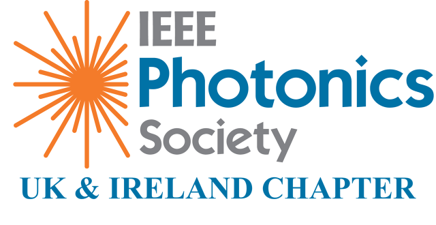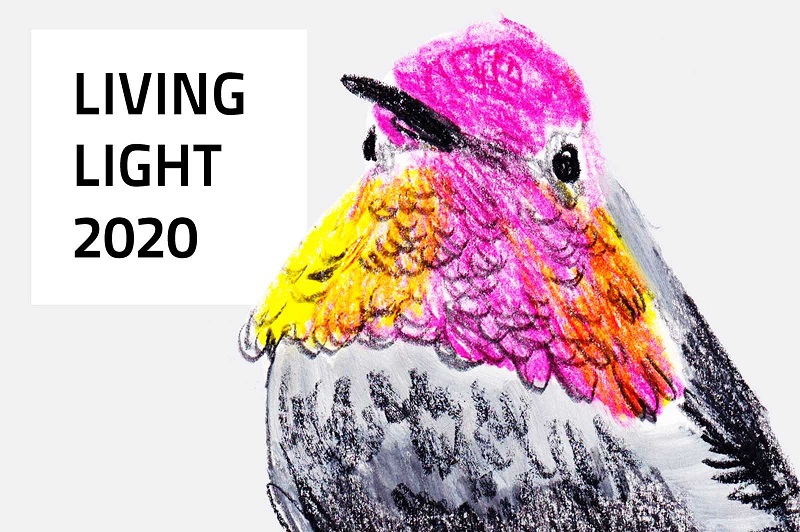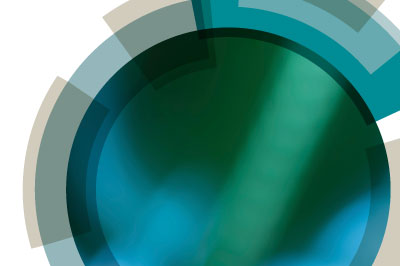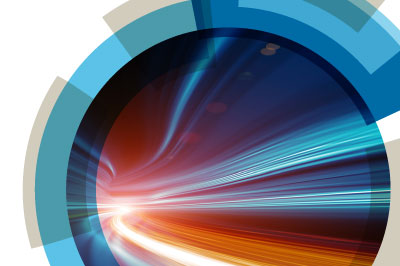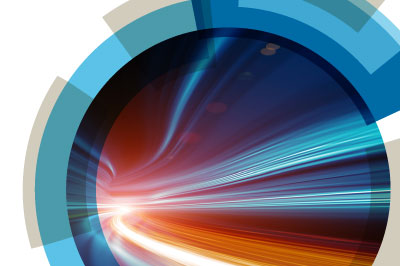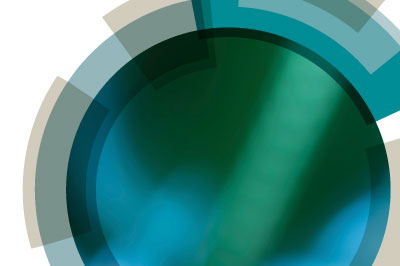Welcome
Join us online in July 2020 for this virtual addition to our Faraday Discussion series. For over 100 years and 300 meetings, Faraday Discussions have been the forefront of physical chemistry. Many of these Discussions have become landmark meetings in their field. We are pleased to be working with the Living Light organisers for this edition in the series.We invite you to join us to discuss the topic of Biological and bio-inspired optics and make your contribution to this cutting-edge dialogue alongside leaders in this field. This meeting is for established and early-career scientists, post-graduate students and industrial researchers interested in nature’s light manipulation strategies.
Silvia Vignolini
Chair
Format of the Discussion
Faraday Discussions remain amongst the only conferences to distribute the speakers’ research papers in advance, allowing the majority of each meeting to be devoted to discussion in which all delegates can participate. Following each meeting a written record of the discussion is published alongside the papers in the Faraday Discussions journal.Find out more about the Faraday Discussions in this video:
Scientific Themes
This Faraday Discussion will focus on the most recent developments in this exciting and rapidly evolving field. We will assess what we currently know about nature’s most intriguing light management techniques and review strategies for deriving advantages from this knowledge in bio-inspired materials. As this topic is very interdisciplinary, with connections spanning from biology and materials science to chemistry and physics, the unique format of the Faraday Discussion will provide a great platform for exchange between the different disciplines and facilitate novel collaborations.The Faraday Discussion will be organised into the following themes:
Optics and photonics in nature
Over the last decade as a community we have learned a lot about the fundamental principles underlying light-matter interactions in biological optical materials. However, many questions remain pertaining to the materials’ development, function, and compromises made by organisms to enable multiple functions. In this session, we want to explore these open questions and outline strategies to answer them.Bio-inspired optics
In this session, we aim to provide an overview of the recent progress in bio-inspired materials design with a critical discussion of representative examples of optical and photonic components that have been inspired by living organisms. In addition, we will stimulate a critical and constructive discussion about the true meaning of the term “bio-inspiration” that is often misused in the literature.The role of structure: order vs disorder in bio-photonic systems
In this session, we will stimulate a discussion on concepts of controlling order and disorder in biological and bio-inspired photonic materials, on the importance of structural tolerances in achieving specific optical effects, and on advantages that can be gained from exploiting disorder and randomness in photonic structures for advanced materials design.The role of composition: natural materials vs synthetic composites
In this session, we will review recent progress in optical design using natural materials and discuss their properties and functions and the challenges that we need to address to make such materials a common staple in the optical engineer’s toolbox.
Poster winners
Order and disorder in bio-inspired structural colors obtained from micro-buckling: a computational study - Amina Matt, Massachusetts Institute of Technology
Vase-Like β-Polymorph Guanine Crystal Aggregates Formed at the Air-Water Interface - Nina Kølln Wittig, Aarhus University
Useful links
- Faraday Discussion meetings - FAQs
- Living Light
- Faraday Discussion - Biological and bio-inspired optics - Living Light edition The online issue is now live
Downloads
- Programme
- Virtual event FAQs
- Session 1 Optics and photonics in nature
- Session 2 Bio-inspired optics
- Session 3 The role of structure order vs disorder in bio-photonic systems
- Session 4 The role of composition natural materials vs synthetic composites




